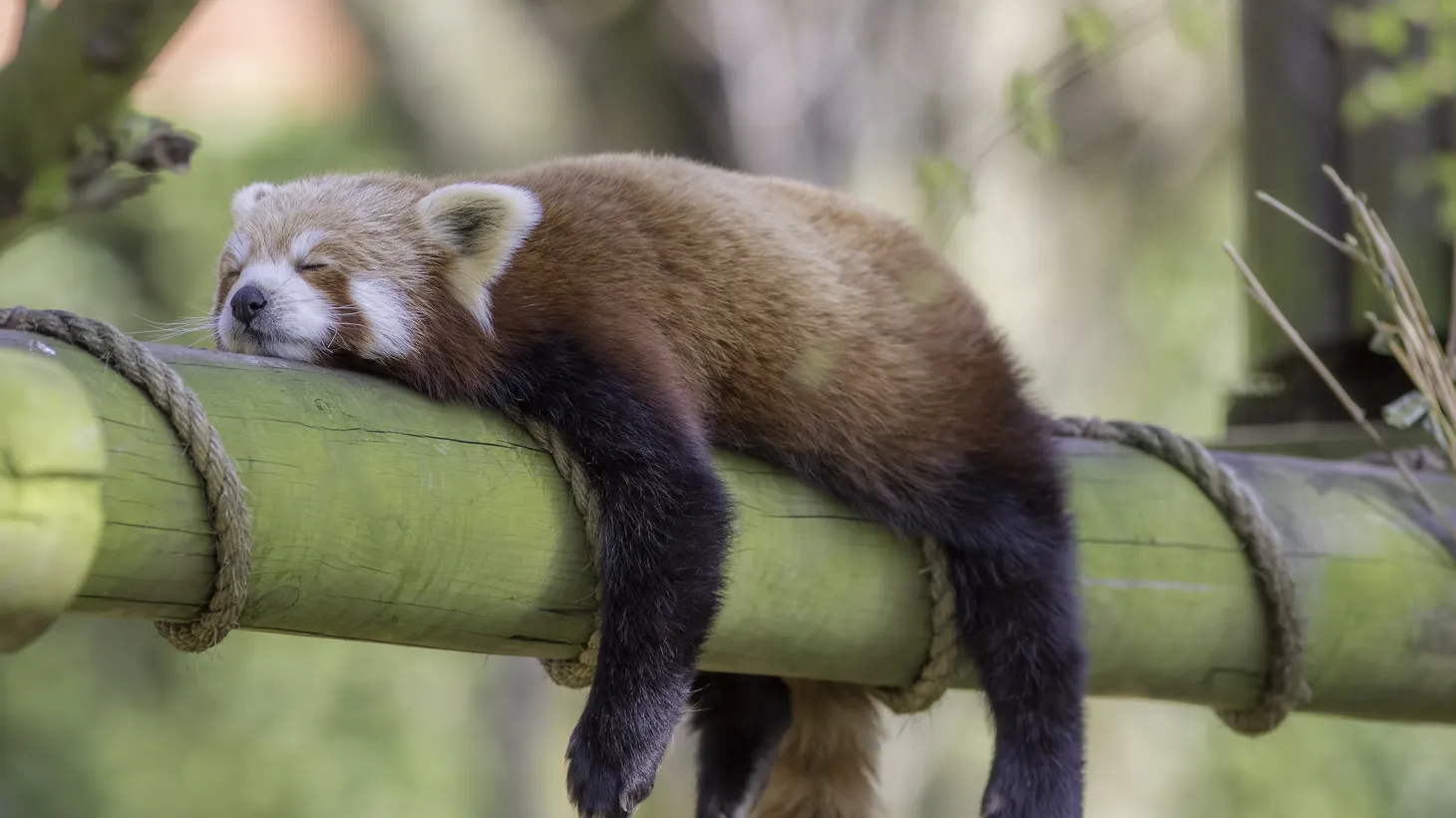Our bodies are designed such that we need to lose consciousness, entirely, for a full third of every day. This is evidently necessary for some kind of regular brain maintenance, maybe forming long term memories, who knows what else. If we don’t sleep, we quickly become groggy and non-functional.
Really?
Evolutionarily, this is a massive risk. Animals in the wild are at their most vulnerable when they sleep. They often find or assemble elaborate hiding places and go to great lengths to mask their scents and other giveaways that might let predators find them while they sleep. As prehistoric humans, we did the same thing.
One side effect of sleeping is that we hallucinate vividly. These hallucinations can often be so disturbing and frightening that they wake us up. They’re also so convincing that our bodies have to turn off our muscle control so that we don’t physically react and start moving around in the real world.
It’s also not easy to sleep. We generally need dark and peace and quiet. Sleep can help us relax and de-stress, but stress and anxiety are some of the most common things that prevent us from falling asleep.
One of the biggest surprises to me as a new parent was that even when babies are tired, they don’t know to sleep! At least not always, on their own. We had to shush our newborn infant, feed her, rock her, play white noise, stay in the room, and even mime sleeping ourselves to get her to fall asleep, and even then, it didn’t always work.
What the hell, nature? Yes, biology is weird. The human body is weird. But also, specifically, sleep is weird.


likes this.
@snarfed.org @nhoizey did we sleep the same way in prehistoric ages? If so, how do we know? I’d be really curious to know more.
We often naïvely conclude from our current experience that sleep has always been the same but sleeping in one stretch for 6-10 hours is a modern invention.
More and more studies point towards some places in the medieval up to pre-industrial era living in a 2 acts sleep. Sleep for some time, wakeup, do things, love, socialize, eat, then sleep some more.
In reply to snarfed.org/2024-02-0…
Also, I read something a while ago, will have to find it, where evidently earlier humans actually learned to hibernate, like bears do, for example, and one scientist even said that we should re-learn it, if we want to survive in the future.
Maybe everything is culturally learned. Who knows?
Sleep is basically garbage collection. Go too long without sleep? OOM-killer gonna do its thing.